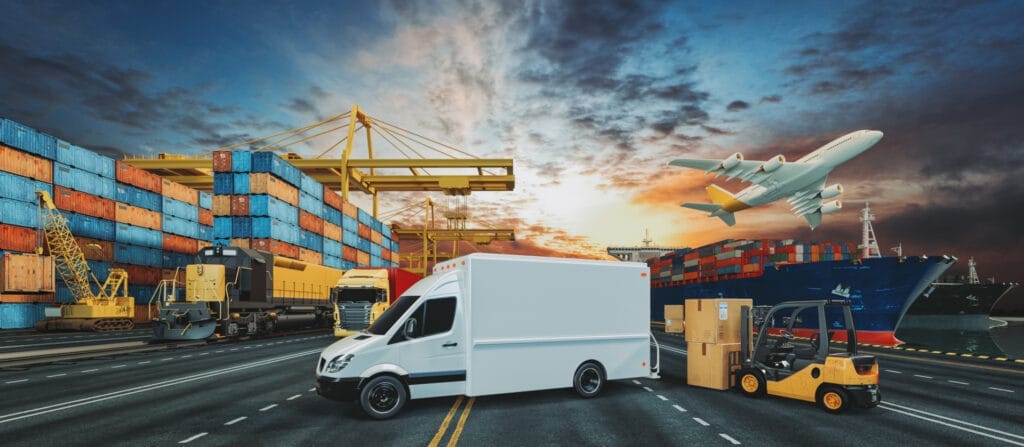Latest UFLPA Entity List Updates: Compliance and Challenges

On May 16, 2024, the Biden administration added 26 Chinese companies to the Uyghur Forced Labor Prevention Act (“UFLPA”) Entity List, primarily targeting the textile industry. This action reflects ongoing efforts to enforce supply chain transparency and address forced labor concerns. For businesses importing goods from China, these developments highlight the need for rigorous compliance and due diligence.
Below is a list of 26 Chinese companies newly added to the UFLPA Entity List.
- Binzhou Chinatex Yintai Industrial Co., Ltd.
- China Cotton Group Henan Logistics Park Co., Ltd., Xinye Branch
- China Cotton Group Nangong Hongtai Cotton Co., Ltd.
- China Cotton Group Shandong Logistics Park Co., Ltd.
- China Cotton Group Xinjiang Cotton Co.
- Fujian Minlong Warehousing Co., Ltd.
- Henan Yumian Group Industrial Co., Ltd.
- Henan Yumian Logistics Co., Ltd. (formerly known as 841 Cotton Transfer Warehouse)
- Hengshui Cotton and Linen Corporation Reserve Library
- Heze Cotton and Linen Co., Ltd.
- Heze Cotton and Linen Economic and Trade Development Corporation (also known as Heze Cotton and Linen Trading Development General Company)
- Huangmei Xiaochi Yinfeng Cotton (formerly known as Hubei Provincial Cotton Corporation’s Xiaochi Transfer Reserve)
- Hubei Jingtian Cotton Industry Group Co., Ltd.
- Hubei Qirun Investment Development Co., Ltd.
- Hubei Yinfeng Cotton Co., Ltd.
- Hubei Yinfeng Warehousing and Logistics Co., Ltd.
- Jiangsu Yinhai Nongjiale Storage Co., Ltd.
- Jiangsu Yinlong Warehousing and Logistics Co., Ltd.
- Jiangyin Lianyun Co. Ltd. (also known as Jiangyin Intermodal Transport Co. and Jiangyin United Transport Co.)
- Jiangyin Xiefeng Cotton and Linen Co., Ltd.
- Juye Cotton and Linen Station of the Heze Cotton and Linen Corporation
- Lanxi Huachu Logistics Co., Ltd.
- Linxi County Fangpei Cotton Buying and Selling Co., Ltd.
- Nanyang Hongmian Logistics Co., Ltd. (also known as Nanyang Red Cotton Logistics Co., Ltd.)
- Wugang Zhongchang Logistics Co., Ltd.
- Xinjiang Yinlong Agricultural International Cooperation Co.
The Uyghur Forced Labor Prevention Act (UFLPA) Entity List identifies entities prohibited from engaging in trade with U.S. companies due to forced labor concerns. The recent additions, mainly textile-related firms, indicate increased scrutiny on clothing and textile imports. Companies must now ensure their supply chains are free from entities associated with unethical labor practices to avoid legal and financial risks.
Alongside the expanded UFLPA Entity List, the Biden administration is implementing stricter controls on de minimis shipments. Currently, packages valued under $800 can be imported without tariffs and minimal customs inspection. However, with the increase in imports using this exemption, there is a push to revise these provisions to prevent potential circumvention of trade regulations.
Adhering to the UFLPA and the updated Entity List presents challenges for companies. A recent case involving Volkswagen highlighted the complexities, where U.S. Customs seized thousands of vehicles due to a single part sourced from a non-compliant supplier. This underscores the need for thorough supply chain audits and ongoing monitoring.
Businesses can take several steps to navigate these challenges:
- Enhanced Supply Chain Audits: Regularly review and audit supply chains to identify and address risks associated with forced labor and other unethical practices.
- Supplier Training Programs: Implement training programs to educate suppliers on responsible procurement practices and compliance risks.
- Supplier Declarations: Require suppliers to sign declarations confirming the sources of their raw materials and their adherence to ethical standards.
- Leveraging Technology: Utilize supply chain management software to improve transparency and traceability.
- Consulting Experts: Engage with compliance experts for guidance on navigating the complexities of international trade laws and supply chain due diligence.
The updates to the UFLPA Entity List and related trade regulations reflect ongoing adjustments in U.S. trade policy. These changes present challenges but also opportunities for businesses to strengthen supply chain integrity and build consumer trust. At Liang + Mooney PLLC, we are committed to assisting businesses in navigating these regulatory changes and ensuring compliance. Our team of experts is available for consultation and legal service for any trade compliance matters.